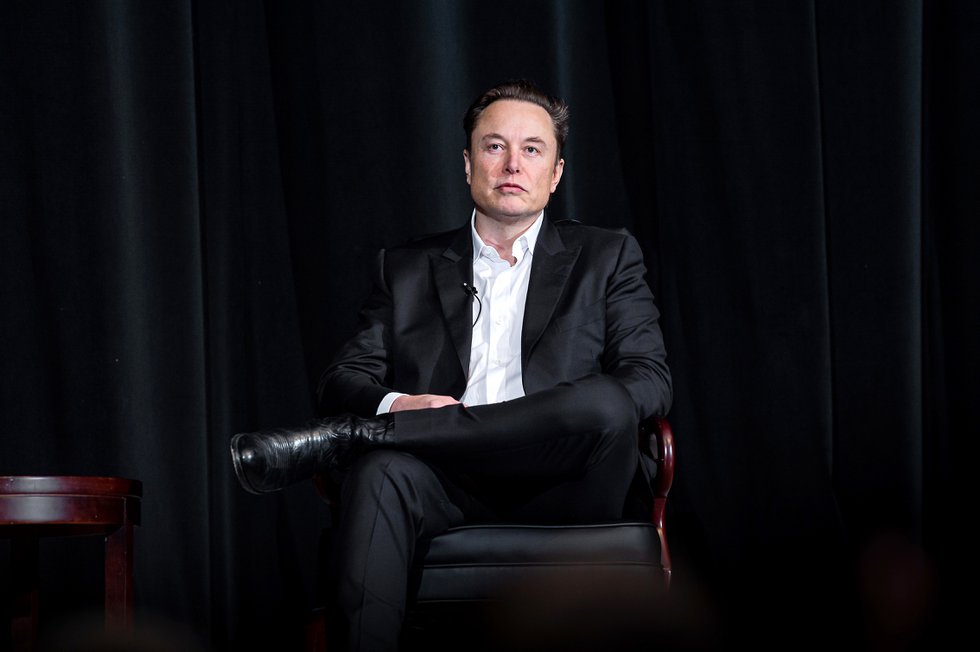In the race to build artificial intelligence, the environmental cost of progress has found a new ground zero: Memphis, Tennessee. There, in a former manufacturing facility owned by the Swedish multinational Electrolux, Elon Musk’s xAI has quietly constructed what Nvidia CEO Jensen Huang calls “easily the fastest supercomputer on the planet.” Built in just 19 days — a feat Huang claimed would take others a year — Colossus, the supercomputer, comes with a toxic catch.
The environmental impact of operating the Colossus center, used to power xAI’s chatbot Grok, is immense. Touted as possessing a “sense of humor” and slated for a December debut, the latest Grok 3 model will not only consume an astonishing amount of energy during its initial training phase, but will continue to demand 10 times the energy of a standard Google search for each individual query processed. The project was rushed into operation without air permits, powered by at least 18 Taurus 60 methane gas turbines that are pumping pollutants including greenhouse gas emissions and dangerous waste by-products into neighborhoods already struggling with some of America’s worst air quality.
Each of the Taurus 60 gas turbines at the facility generates 5.6 megawatts of power, enough to power 5,000 average U.S. households. And this is just the beginning — having raised $6 billion in venture capital funding earlier this year, xAI has already secured agreements with Memphis Light, Gas & Water and the Tennessee Valley Authority to potentially double its power consumption for the post-training inference phase, with an additional undisclosed capacity approved through seven electric, gas, and water contracts with the local utility, despite community protests. The current 18 gas turbines, powering 100,000 liquid-cooled Nvidia graphical processing units, result in annual emissions of 72.3 tons of nitrogen oxides (NOx), 196.4 tons of carbon monoxide, and an alarming 438,000 tons of CO2 equivalent per turbine. Multiply that by 18 turbines, and you have an environmental disaster in the making. The human cost? In Shelby County, where more than half the population are people of color and the poverty rate is 1.5 times the national average, incidences of childhood asthma are already the highest in the state. The additional pollution from xAI’s facility threatens to worsen these health burdens, costing the community around $400 million annually from carbon pollution alone.
The burden of environmental costs from ill-sited, large-scale AI infrastructure does not end at carbon pollution. In South Memphis’ Boxtown neighborhood less than two miles east of the factory, residents already face a cancer rate four times the national average and a life expectancy 10 years below the city average. The American Lung Association has given the South Memphis area an “F” grade for ozone, and now xAI’s unpermitted turbines could add an estimated 1,301 tons of nitrogen oxides, a precursor to ozone pollution, annually to Memphis’ air. The community hosts a concerning collection of industrial facilities, including a steel mill and an oil refinery. Now, they’re bearing the burden of Musk’s AI ambitions.
The project’s approval process itself raises troubling questions about corporate accountability and local governance. The project was launched in a rapid and secretive manner: The facility’s location was initially kept secret for “global security concerns”; local officials were bound by nondisclosure agreements; even Memphis City Council members were taken by surprise with the sudden announcement of the facility. While xAI promised the community 300 jobs, they currently list just 32 positions — most of them hourly, contractual roles in administrative support.
This isn’t Musk’s first environmental controversy. SpaceX operated without Clean Water Act permits in Texas, The Boring Company was fined for unauthorized wastewater discharge, and Tesla faced citations for hazardous air pollutant emissions. Now, xAI is following this concerning pattern in a state with obviously worsening air pollution trends.
The irony is rich: Colossus powers Grok, marketed as an “anti-woke” alternative to ChatGPT, while perpetuating environmental racism. While competitors like Microsoft and Google invest in renewable energy for their AI infrastructure, xAI chose the path of highest environmental impact, and least cost. Morgan Stanley estimates data centers will triple their CO2 emissions by decade’s end due to AI development. But must this progress come at the expense of vulnerable communities? The residents of South Memphis deserve better than subsidizing technological advancement with their health.
The solution isn’t to halt AI development but to demand responsible innovation. xAI must obtain proper permits, install modern pollution controls, and engage transparently with the community through the life cycle of its AI plans. This is even more imperative as xAI’s self-styled techno king Musk takes on his new advisory role at the Department of Government Efficiency (DOGE). Local officials must also prioritize environmental concerns over expedited development.
As we marvel at AI’s potential to “understand the universe” — xAI’s stated mission — we cannot ignore its earthly impacts. The true measure of progress should not be merely the speed or scale of innovation, but the inclusivity and sustainability of its benefits. Until then, Memphis’ children will continue to breathe the toxic cost of progress.
Jalal Awan, Ph.D., is an electrical engineer with a doctorate in public policy analysis. Opinions expressed are his own.



